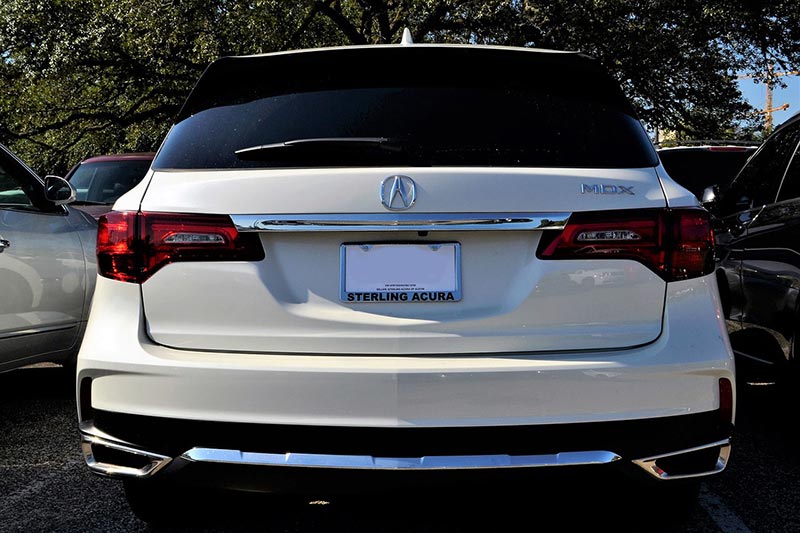Sometimes I see cars without a license plate, is that legal?

“Sometimes I see cars driving around with no license plate. Is this legal?” The simple answer is “no.” While laws around license plates vary, all states in the United States require drivers to have at least one license plate displayed on the rear of their vehicle.
The logic behind this law is simple: it is an identification tag for your car. For example, if your vehicle was stolen, police would use your license plate as a way to identify your (otherwise common) vehicle through their department.
Can you drive your car without a license plate?
There are some very straightforward requirements that all drivers should abide by:
- License plates should be currently registered
- All numbers and letters on license plates, and any other identifying markers, should be clearly visible and free of obstruction
- License plates should be properly mounted on a vehicle
Your license plates should be clean to ensure proper visibility. It’s a good idea to check them periodically, especially after a long trip, to make sure they are clear of mud, dirt or debris. If you try to protect your license plate with a plastic cover, keep in mind that some states have banned them for causing reflection or distracting glares that could be potentially dangerous to others on the road.
What states require both front and back license plates?
Depending on where you live, it might be surprising to learn how many states do not require drivers to have front license plates. Several states only require you to display the rear license plate, at all times. 1 If you’re not sure what requirements are in place for your state, we recommend finding out your state-specific laws before hitting the road without your front plate.
Can I personalize my license plate?
If you can’t stand the thought of having a boring, generic license plate, there are ways to express yourself by legally personalizing your plates. For an annual fee, the Department of Motor Vehicles (DMV) will usually allow drivers to select the letters and numbers to customize their license plates. However, it’s important to note, self-made adjustments and modifications to license plates, such as cutting down the edges or filing them to be smaller, are strongly discouraged.
If I receive a license plate violation, what is the penalty?
Similar to other vehicle laws, violations and any accompanying consequences vary on a state-by-state basis. Some states may consider these to be “fix-it” tickets, and others might require you to pay a fine in addition to fixing the violation in a timely manner.1
Depending on the number of violations you incur, the higher the related fines could be. Sometimes, driving privileges could be suspended for multiple violations.
Who is Answer Financial?
As one of the largest and most trusted auto & home insurance agencies in the United States, Answer Financial has helped millions of customers find the right insurance for their budget and needs. On our mobile-friendly website, you can compare quotes side-by-side from top-rated insurance companies in your area. If you run into any questions along the way, our licensed insurance experts are standing by to help. Our customers save an average of $479 a year on insurance!*
September 7, 2020
Sources:
- 1."License Plate Laws,” LegalMatch, https://www.legalmatch.com/law-library/article/license-plate-laws.html
- *Results of a national survey of new Answer Financial customers reporting insurance savings in 2018.
Hey Andrew, are you asking out of curiosity or because you’re a snitch?
You could easily pretend you didn’t receive the license plates and registration. Note, you need both license plates AND registration. If you only have registration but no plates, or vice versa, you defer to (2) a 90-day period.
DMV may have already closed this loophole. I read the following passage from the DMV page linked in the article. So you can’t do this anymore if you receive the license plate even if it’s within 90 day period.
(c) A vehicle displaying a copy of the report of sale may be operated without license plates or registration card until either of the following, whichever occurs first:
(1) The license plates and registration card are received by the purchaser.
(2) A 90-day period, commencing with the date of sale of the vehicle, has expired.